What do Online Music Lessons Look Like
Online music lessons have become increasingly popular in recent years, and for good reason. With the convenience of technology, NUVO students can now take one-on-one music classes from the comfort of their homes.
Learning music is about visuals and audio, so online learning works well because music files can be shared and saved, and music files can be shared. NUVO’s music lessons are conducted live and one-on-one, meaning that your teacher will be assessing your process and giving you feedback in real-time.
What students need for online learning:
Apart from the instrument of their choice, students will need access to a computer or device with a stable internet connection. They'll also need to have any necessary software or apps installed, such as Zoom or Skype, commonly used for online music lessons. Depending on the student's age, parents may have to assist with creating and using online software.
Once the technical setup is complete, students typically have a set lesson schedule. This could be weekly or bi-weekly, depending on the instructor and the student's availability. The students will typically have the instructor's undivided attention during the lesson, just as they would in an in-person lesson.
How Online Lessons Work at NUVO Music School
The instructor will guide the student through various exercises, techniques and pieces, as well as provide feedback and answer any questions they may have. They will also assign homework and provide resources for the student to practice independently.
Online music classes are more beneficial than just learning from a book by yourself without expert instruction. Our teachers are matched to our students based on the introduction call with NUVO’s director, Lesley. She will place your child with the right teacher to ensure the best possible fit for a positive, enriching learning experience, both online and in person.
Advantages of Online Music Classes:
Accessibility:
Online music classes break down geographical barriers, allowing students worldwide to access high-quality music education. This is particularly beneficial for those living in remote areas or places without easy access to traditional music schools.
Flexible Scheduling:
One of the most significant advantages of online music classes is their flexibility. Students can schedule lessons at times that suit their individual routines, making it easier to balance music education with work, school, or other commitments.
Diverse Course Offerings:
Online platforms offer various music courses covering different instruments, genres, and skill levels. This diversity allows students to explore various facets of music and choose courses that align with their interests and goals.
Cost-Effectiveness:
Online music classes often eliminate the need for commuting, accommodation, or expensive materials. This can result in cost savings for students, making music education more affordable and accessible to a broader demographic.
Personalized Learning Experience:
Online music classes enable personalized learning experiences. Instructors can tailor their teaching methods to accommodate individual learning styles and provide one-on-one attention, enhancing the overall learning experience for students.
Interactive Learning Materials:
Digital platforms often incorporate multimedia elements, interactive exercises, and virtual resources that make the learning process more engaging. These materials can include video tutorials, interactive sheet music, and play-along activities.
Recording and Playback:
The ability to record and playback lessons is valuable in online music classes. Students can review their performances, identify areas for improvement, and track their progress over time. This encourages self-reflection and facilitates more effective practice.
Community and Collaboration:
Online music classes create opportunities for students to connect with a global community of musicians. Virtual ensembles, collaborative projects, and online forums allow students to share their experiences, seek advice, and collaborate with peers from diverse backgrounds.
Consistent Learning Environment:
With online music classes, students can learn in the comfort of their own space, contributing to a consistent and comfortable learning environment. This familiarity can positively impact concentration and focus during practice sessions.
Technical Skill Development:
Participating in online music classes helps students develop technical skills related to digital communication, recording, and online collaboration. These skills are increasingly valuable in the modern music industry and contribute to a well-rounded musical education.
In today's age of technology, online music classes provide an outstanding opportunity for learners to enhance their musical skills. With the availability of advanced technology and a committed instructor, students can benefit from personalized instruction at their convenience. To get started with online music lessons with NUVO Music School, please fill out an inquiry form on our registration page.

